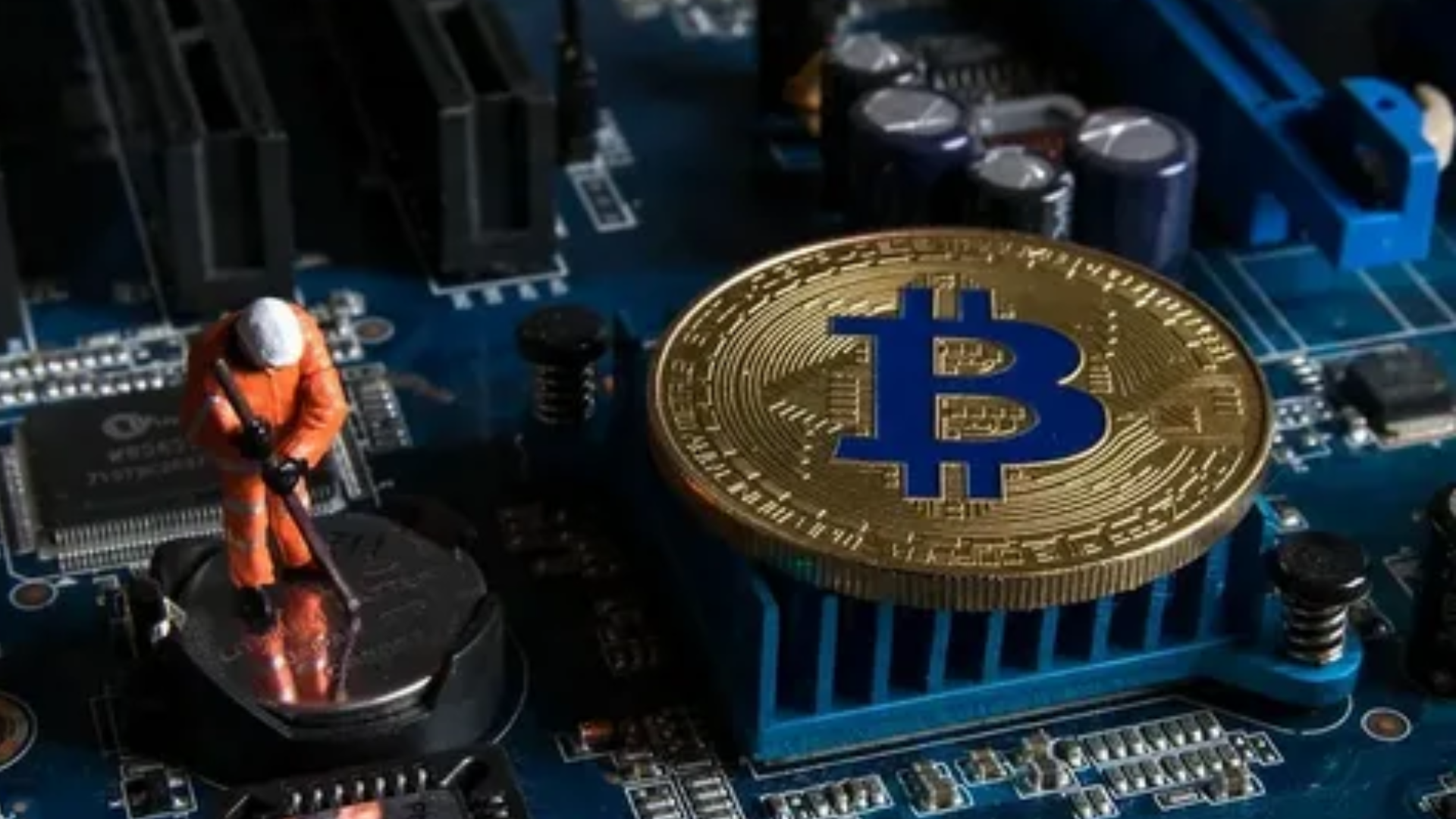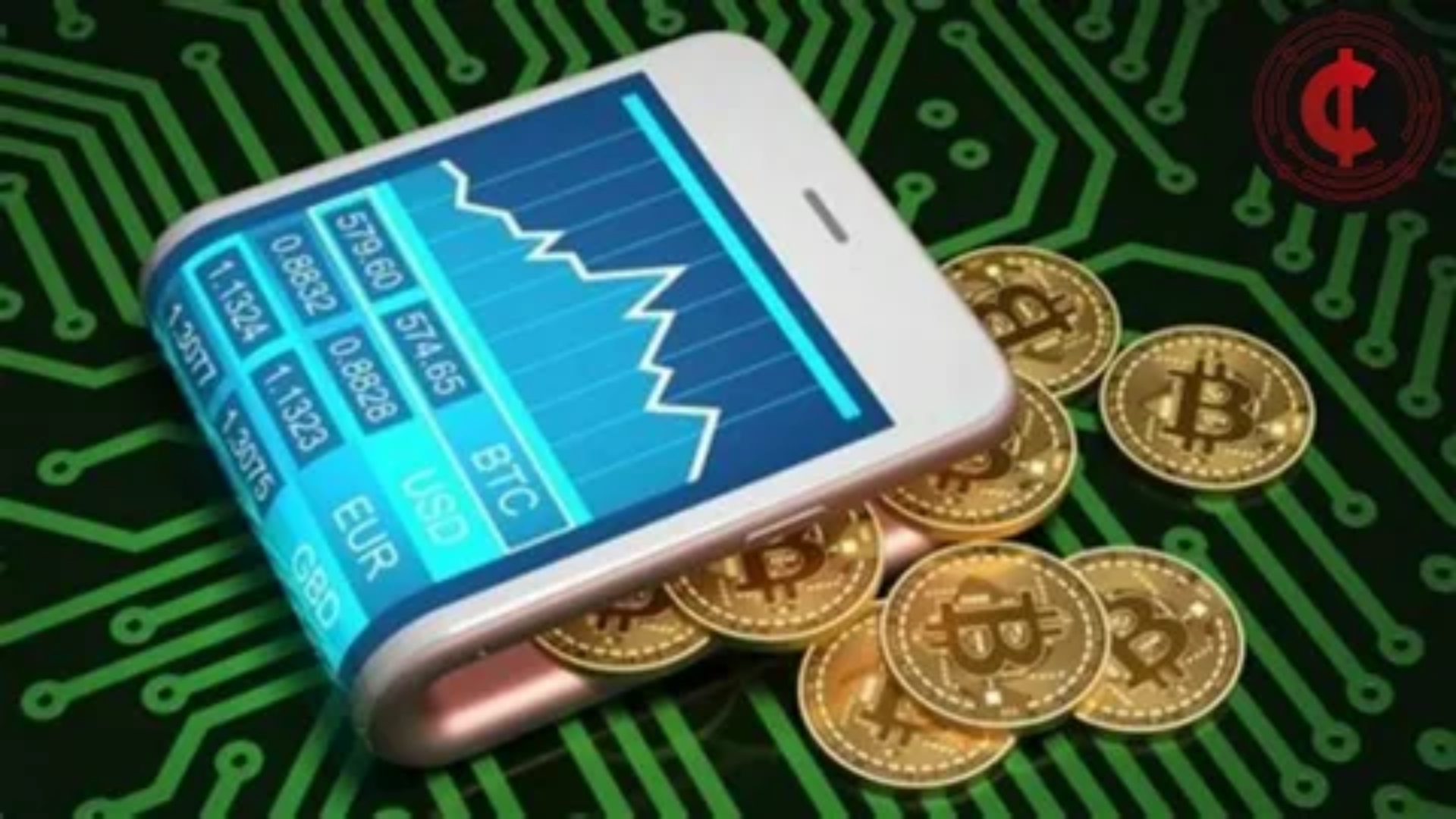Cryptocurrency isn’t just a buzzword anymore — it’s a full-blown digital revolution that has people checking prices more often than their social media feeds. Whether you’re a Bitcoin believer, an Ethereum explorer, or a meme coin collector (we see you, Dogecoin fans), your smartphone plays a huge role in your crypto journey.
Now the big question is — should you use an iPhone or an Android for your crypto adventures? Which one keeps your coins safe, gives better tools, and makes your trading life smoother?
Grab your favorite beverage, because we’re diving deep (and a bit humorously) into this tech showdown.
1. Introduction: When Smartphones Meet Crypto Fever
Imagine this: it’s 2 a.m., Bitcoin is pumping, and you’re trying to log into your wallet to see how rich you almost are. Suddenly, your phone freezes. Or worse — your app crashes. That moment right there is where you realize your phone choice matters more than your horoscope.
Smartphones aren’t just for calls and cat videos anymore. They’ve become crypto control centers — holding wallets, managing exchanges, and tracking prices. For crypto users, choosing between iPhone and Android isn’t about brand loyalty — it’s about security, flexibility, and functionality.
So, let’s explore how these two tech titans perform when you’re knee-deep in blockchain business.
2. Security: The Crypto Vault Test
When it comes to crypto, security isn’t optional. Losing your password is bad. Losing your private keys? That’s heartbreak with no customer support.
iPhone Security Strengths
Apple is known for its walled-garden approach — what happens on your iPhone stays on your iPhone. The company controls both the hardware and software, making it harder for hackers to sneak in.
Here’s what makes iPhones crypto-friendly (security-wise):
-
Secure Enclave: This is Apple’s little digital vault, storing biometric data and encryption keys separately.
-
Face ID & Touch ID: Simple, fast, and much safer than “1234” or your dog’s name.
-
App Store vetting: Apple reviews apps carefully, so malicious crypto wallets have a harder time slipping through.
-
Limited malware exposure: iOS has fewer viruses than Android (sorry, Android fans).
Android Security Strengths
Android, on the other hand, is like the open-world video game of phones — more freedom, more customization, but more risk if you’re careless.
Still, modern Androids are no slouch when it comes to security:
-
Google Play Protect: Scans apps for threats and warns users.
-
Hardware-backed key storage (Titan M chip): Found in Pixel phones, keeps sensitive data safe.
-
Sandboxing and security patches: Regular updates for newer models improve protection.
However, Android’s openness can also be a double-edged sword. Installing third-party apps can be dangerous if you’re not careful. One wrong “download” could lead to your coins taking a one-way trip to a stranger’s wallet.
Verdict: iPhone Wins (Slightly)
While both are secure, Apple’s ecosystem is tighter. Android’s flexibility is awesome, but crypto users often prefer iPhone’s consistent security record.
Unless, of course, you like to live dangerously — then Android’s your playground.
3. Wallet Apps: Where You Keep the Coins
Crypto wallets are like your digital bank accounts — but without the comforting “forgot password” option. You’ll want one that’s secure, functional, and easy to use.
Popular Wallets on Both Platforms
Here are some major players that support both iPhone and Android:
-
MetaMask
-
Trust Wallet
-
Coinbase Wallet
-
Crypto.com Wallet
-
Exodus
-
Ledger Live (for hardware wallets)
Both operating systems handle these well, but there are subtle differences in how they behave.
iPhone Wallet Experience
-
Smoother user interface — Apple’s design rules mean most wallets look polished.
-
Better sandboxing, which keeps app data secure.
-
Some wallets (like MetaMask) integrate beautifully with Safari and Apple Pay.
-
Slightly slower wallet updates, since Apple reviews app submissions manually.
Android Wallet Experience
-
Wallet apps can be installed directly (even from APKs). Great if you want beta versions or experimental wallets.
-
Integrates better with browsers like Chrome and Brave for Web3 access.
-
Android users can tweak settings to connect wallets with decentralized exchanges (DEXs) more easily.
Verdict: Android Wins for Power Users
If you’re a casual holder, iPhone’s smooth experience wins. But if you’re an adventurous trader who loves beta features and DApps, Android’s freedom will make you smile (and possibly worry your friends).
4. Cryptocurrency Exchanges: Trading Like a Pro
The trading experience depends not just on your exchange, but on your phone’s capabilities.
On iPhone
Trading apps like Binance, Coinbase, Kraken, and Gemini run very smoothly. Notifications are timely, and Apple’s optimization means fewer random crashes.
But there’s a catch — Apple’s App Store policies can limit certain features. Some exchange apps hide advanced tools or staking options to comply with App Store rules.
On Android
Android gives exchanges more freedom. You can even sideload region-restricted apps. Many exchanges release Android updates first. Android’s background sync also makes price alerts faster.
If you use widgets, Android wins hands-down. You can have a live BTC ticker on your home screen, and it actually updates.
Verdict: Android Wins for Traders
More flexibility, better widgets, and faster updates make Android a better playground for active traders.
5. Privacy: Who’s Watching Your Wallet?
In crypto, privacy is gold. Or, well… digital gold.
Apple’s Privacy Perks
Apple’s business model is simple: sell phones, not data.
-
Apps must ask before tracking you.
-
iCloud data is encrypted.
-
Apple Mail and Safari use privacy protection by default.
-
Face ID and Wallet data stay on your device, not Apple’s servers.
Android’s Privacy Position
Google, on the other hand, thrives on data. While Android offers privacy settings, many are buried in menus. However, newer versions (Android 13 and 14) include Privacy Dashboards and better permission controls.
Custom ROM users (like GrapheneOS fans) can even strip Google entirely — perfect for hardcore privacy geeks.
Verdict: iPhone Wins
Apple’s privacy-first approach suits crypto users who value anonymity. Android gives you more control — but only if you know how to use it.
6. App Ecosystem: Where Crypto Lives
The app ecosystem determines what you can actually do with your phone.
On iPhone
Apple’s strict rules mean crypto apps must be transparent and safe — but this also limits innovation. Some apps can’t offer features like direct NFT trading or in-app token swaps due to policy restrictions.
On Android
Android is an open door for developers. You’ll find:
-
More DApp browsers
-
Easier integration with hardware wallets
-
Support for decentralized exchanges right in mobile browsers
It’s basically a crypto enthusiast’s sandbox.
Verdict: Android Wins for Innovation
If you want access to every tool, token, and experimental DApp — Android is your world. iPhone keeps things cleaner but more restricted.
7. Hardware Wallet Compatibility
Hardware wallets (like Ledger or Trezor) are crucial for storing large crypto amounts offline.
iPhone Compatibility
-
Ledger Live app works via Bluetooth for Ledger Nano X.
-
No native USB-C connection (until newer models like iPhone 15).
-
Limited compatibility for OTG (On-The-Go) hardware devices.
Android Compatibility
-
Works easily with USB-based hardware wallets (thanks to USB-C).
-
Bluetooth and OTG both supported.
-
Easier to integrate with external storage apps.
Verdict: Android Wins for Hardware Wallets
If you like plugging things in, Android makes your life easier. iPhone’s ecosystem, while secure, isn’t built for hardware flexibility.
8. Performance and Battery Life
Crypto apps — especially exchanges and miners — can drain your battery like there’s no tomorrow.
iPhone Pros
-
Optimized hardware-software synergy.
-
Consistent performance even after years of use.
-
Energy-efficient processors (Apple’s A-series chips are top-notch).
Android Pros
-
Choice of devices with massive batteries (5,000mAh+).
-
Some models include performance modes for heavy apps.
-
Custom ROMs can further optimize battery management.
Verdict: Tie
iPhone wins for efficiency; Android wins for customization. Pick your poison (or power source).
9. Mining and Staking on Mobile
Let’s be real — mobile mining won’t make you rich. You’ll earn enough to maybe buy a coffee (on discount). But staking and small passive-income features? That’s worth exploring.
Mining Reality Check
Mining on smartphones is mostly symbolic now. Both iOS and Android limit background processing for such apps.
Staking and Earning Apps
Platforms like Binance Earn, Crypto.com, and Coinbase Earn work on both systems. Android users sometimes get beta features sooner, but Apple users get a cleaner experience.
Verdict: Tie
Neither OS gives you a massive mining edge. But for staking, both are equally convenient.
10. Price Alerts, Widgets, and Customization
iPhone’s Approach
-
Clean, polished widgets.
-
Focus mode can silence price notifications (helpful when Bitcoin dips).
-
Apple’s design: minimalist but limited customization.
Android’s Approach
-
Custom widgets that display real-time crypto charts.
-
Ability to automate alerts using apps like Tasker or Crypto Widget.
-
Full control of notifications and layout.
Verdict: Android Wins for Customization
If you want a phone that screams “Crypto Bro” right on the home screen — Android delivers.
11. User Experience and Accessibility
iPhone
-
Simple, consistent, and user-friendly.
-
Great for beginners who just want things to work.
-
Built-in screen time limits help prevent “chart addiction.”
Android
-
Flexible but can be overwhelming for newcomers.
-
Ideal for users who enjoy experimenting.
-
Manufacturers like Samsung and Pixel offer unique crypto-related features (like Samsung’s Blockchain Keystore).
Verdict: Depends on Your Personality
If you love order — go iPhone.
If you love chaos and tweaking — Android’s your playground.
12. Community Support and Developer Interest
iPhone Developers
-
Focus on stability and design.
-
Slower app approval process means fewer bugs.
Android Developers
-
Faster updates, open testing programs, and more DApp innovation.
-
Many blockchain projects launch Android apps first.
Verdict: Android Wins for Early Adopters
If you like being first to test new crypto apps, Android is your ticket. If you prefer stability and fewer bugs, iPhone keeps you safer.
13. Comparison Table: iPhone vs Android for Crypto Lovers
| Feature | iPhone | Android |
|---|---|---|
| Security | ✅ Excellent | ⚠️ Good, but depends on user |
| App Ecosystem | Moderate | Extensive |
| Hardware Wallet Support | Limited | Excellent |
| Customization | Low | High |
| Privacy | Very High | Moderate to High |
| Performance | Consistent | Device dependent |
| Wallet App Variety | High | Very High |
| Trading Features | Restricted | More Freedom |
| Widgets/Alerts | Basic | Advanced |
| Developer Innovation | Controlled | Fast & Experimental |
14. The Humor Zone: Real-World Crypto Habits
Let’s be honest — most crypto users behave like this:
-
iPhone users: “I trust Apple’s encryption. My portfolio is safe.”
-
Android users: “I just flashed a new ROM and connected five wallets; what could possibly go wrong?”
In short:
-
iPhone users sleep peacefully.
-
Android users stay up till 3 a.m. watching candlestick patterns like a caffeinated owl.
But both share one habit: checking prices every five minutes, just to torture themselves.
15. Final Verdict: The Winner Depends on You
Here’s the bottom line:
-
Choose iPhone if you value security, privacy, and simplicity.
It’s perfect for long-term holders who don’t want to fiddle with tech too much. -
Choose Android if you crave freedom, experimentation, and features.
It’s great for active traders, developers, or those who love exploring every DApp in existence.
Both can handle crypto brilliantly — it’s just about your comfort level and how much risk (or fun) you’re ready for.
16. Conclusion: Different Phones, Same Blockchain Dream

Whether you’re using an iPhone or Android, your real weapon isn’t the brand — it’s your discipline and awareness.
Keep your wallet secure, double-check every link, and don’t fall for that “Elon Musk giveaway” (spoiler: it’s never real).
The crypto world rewards curiosity and punishes carelessness. So whichever phone you hold, make sure you use it wisely — because in crypto, one tap can make or break your fortune.
And remember, if your phone ever freezes mid-trade, don’t panic — just breathe, refresh, and maybe take that as a sign to step away and touch some grass.





